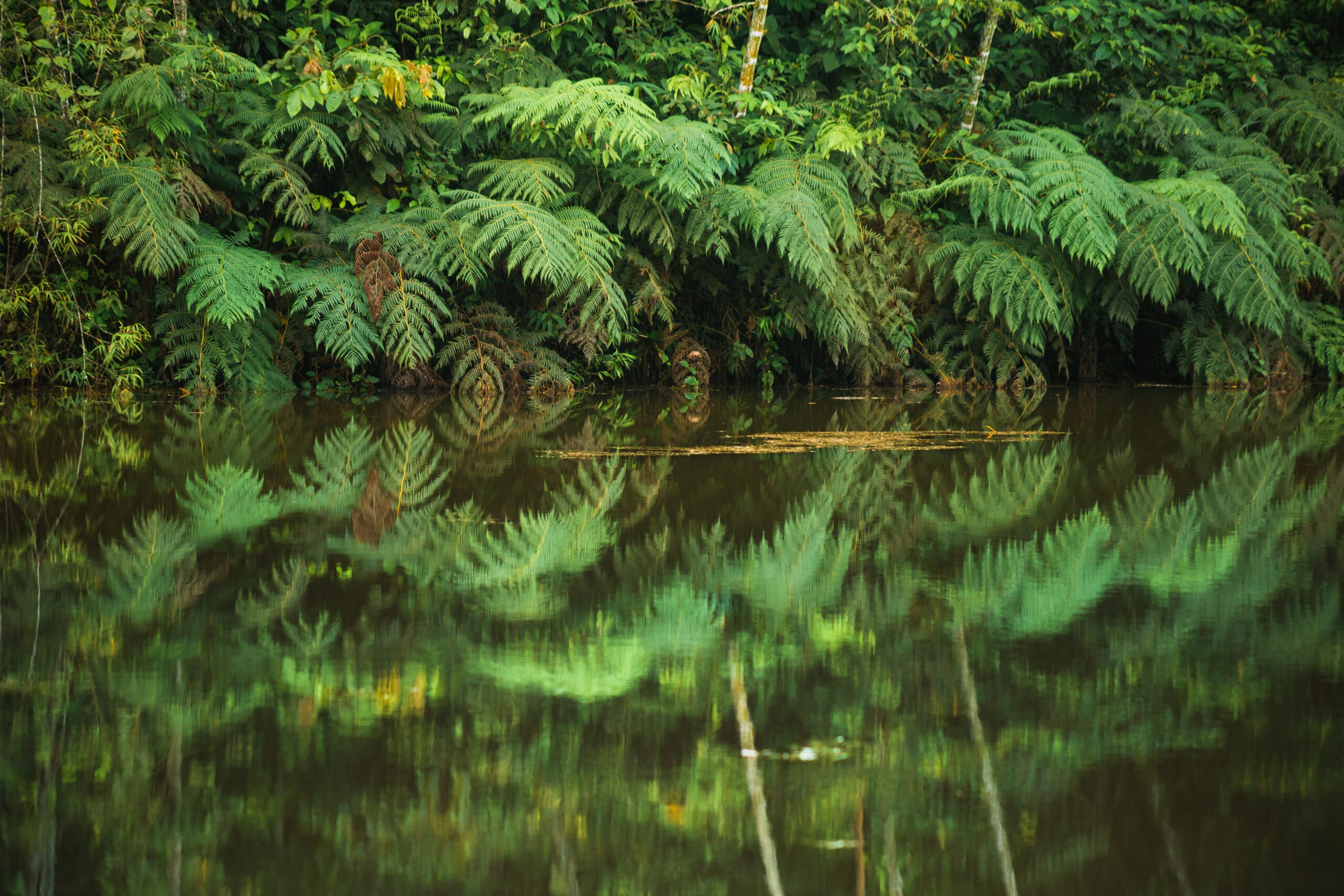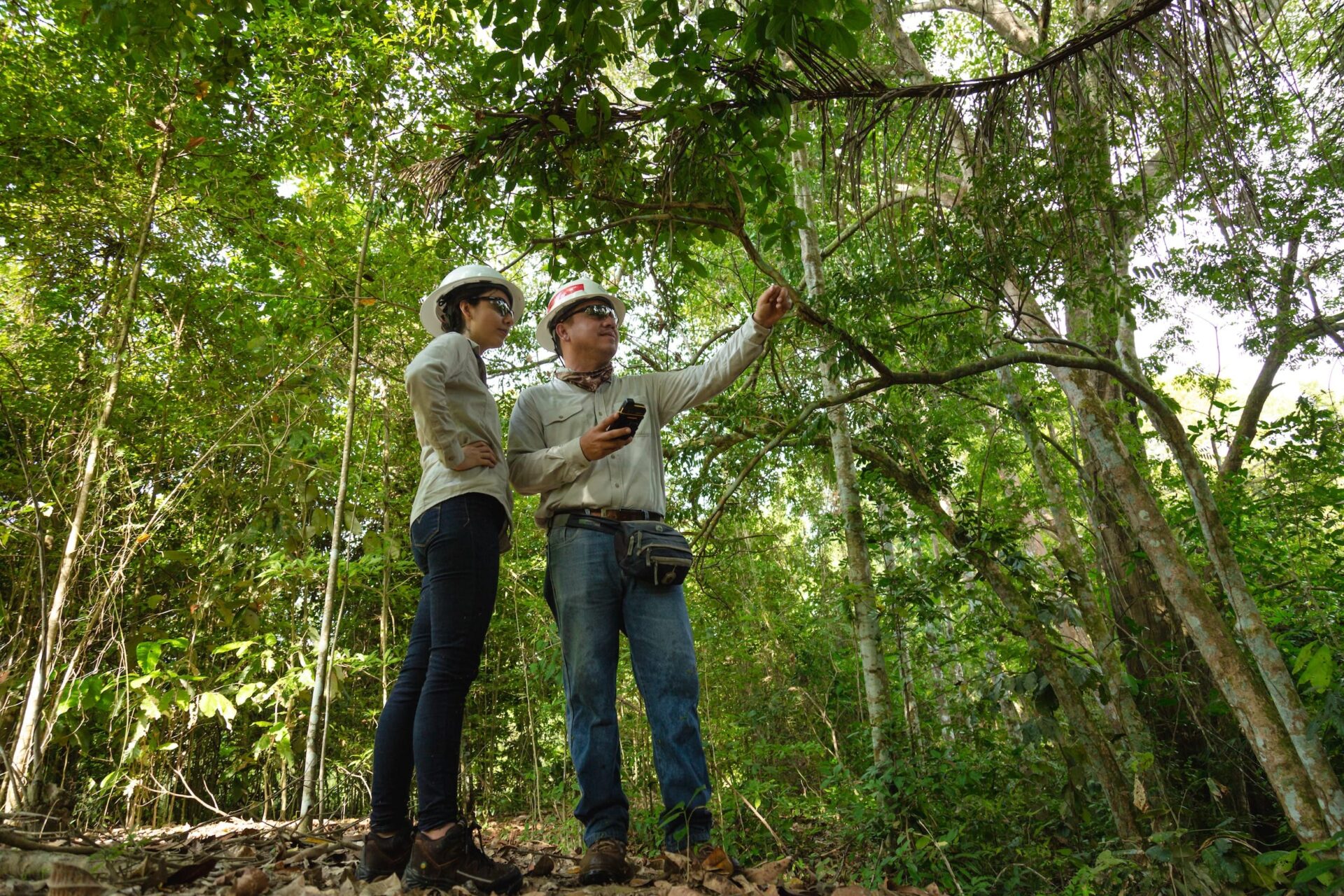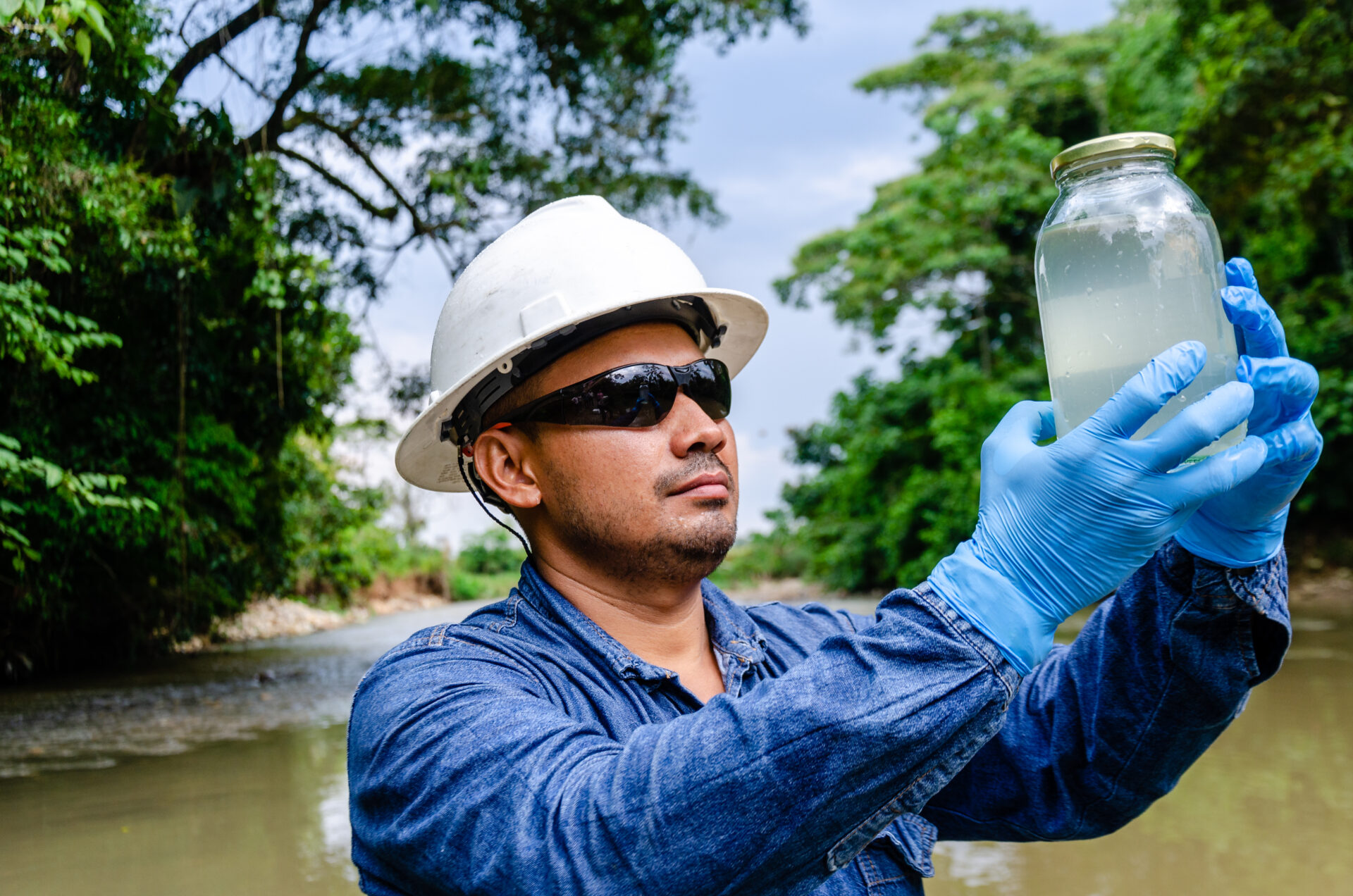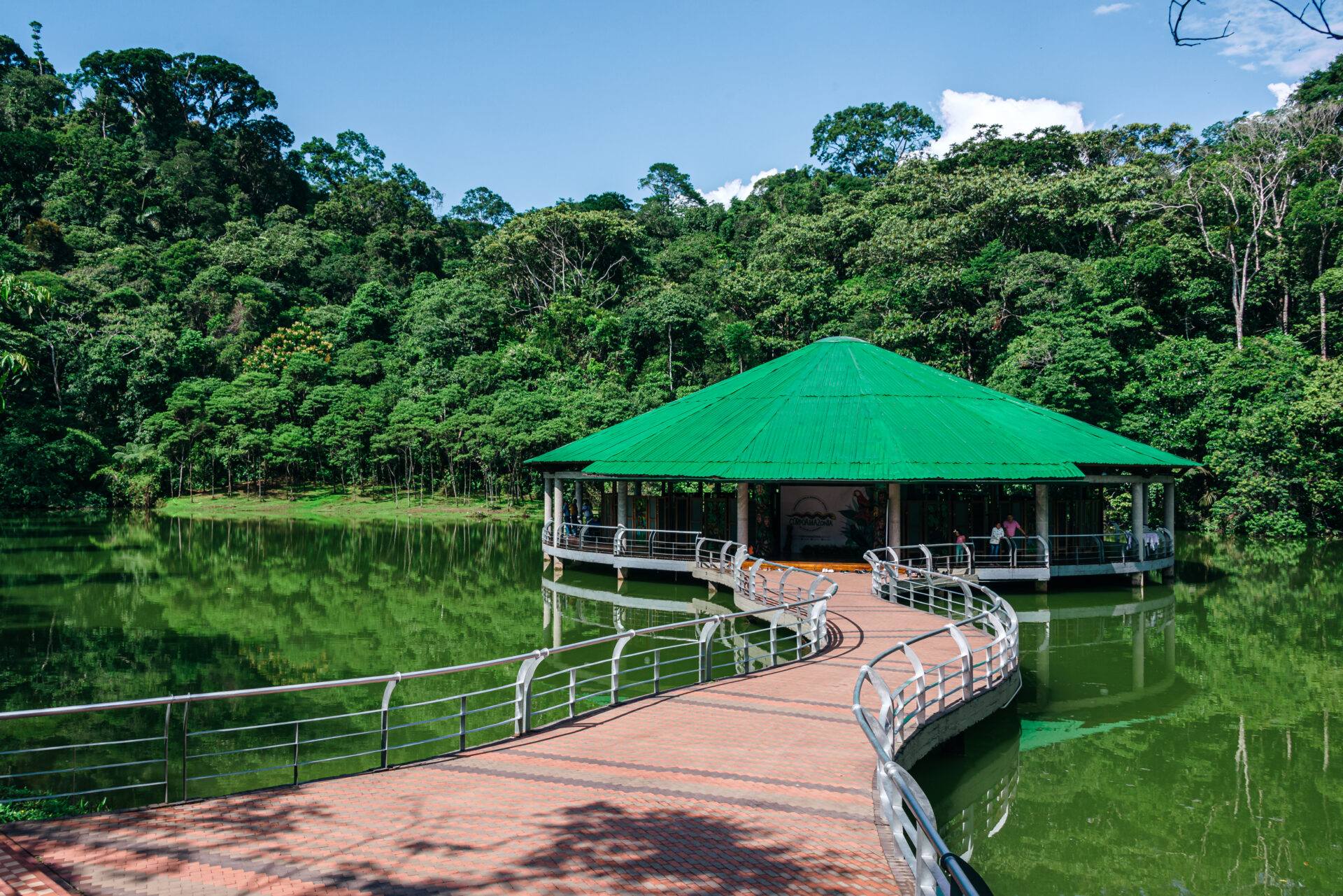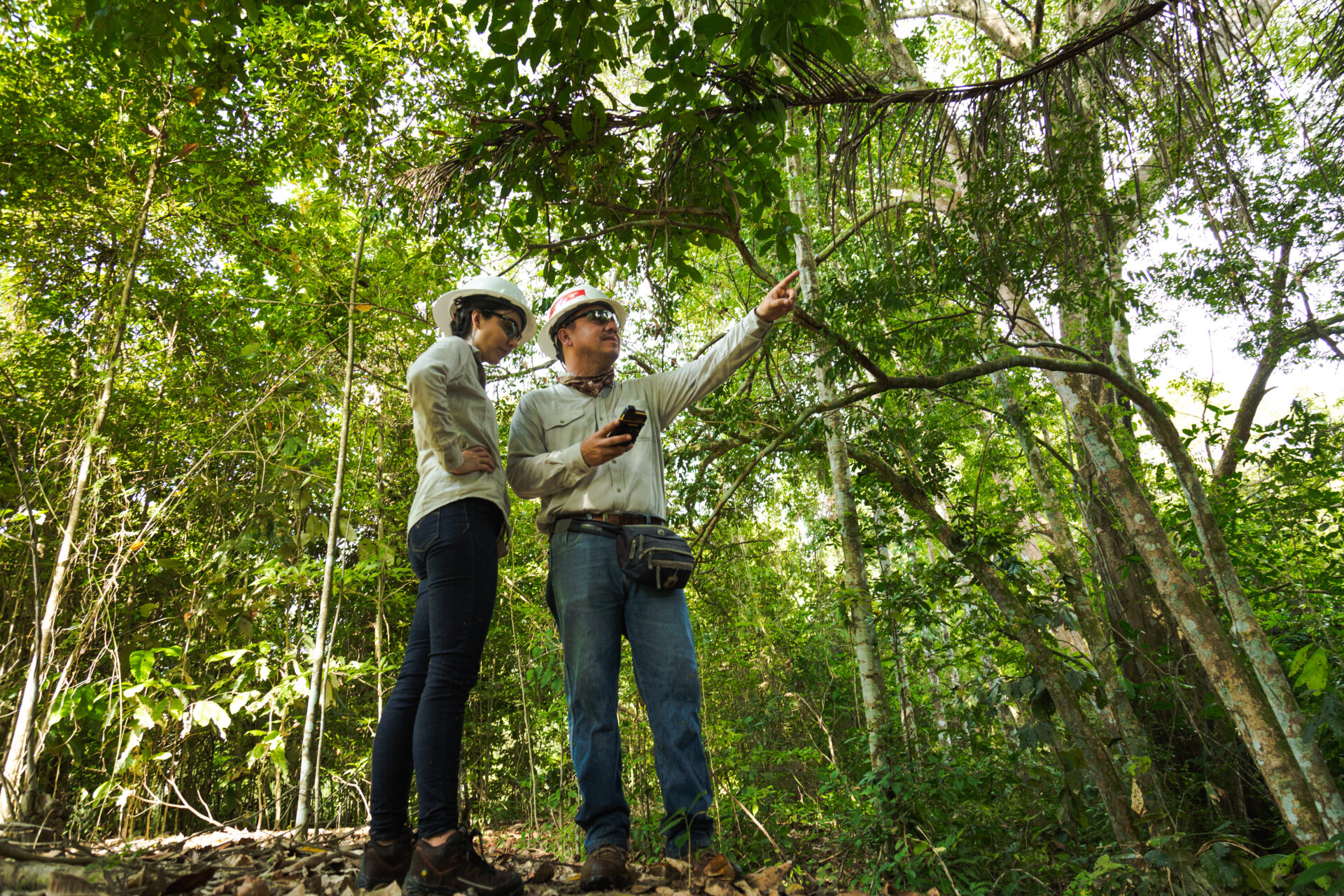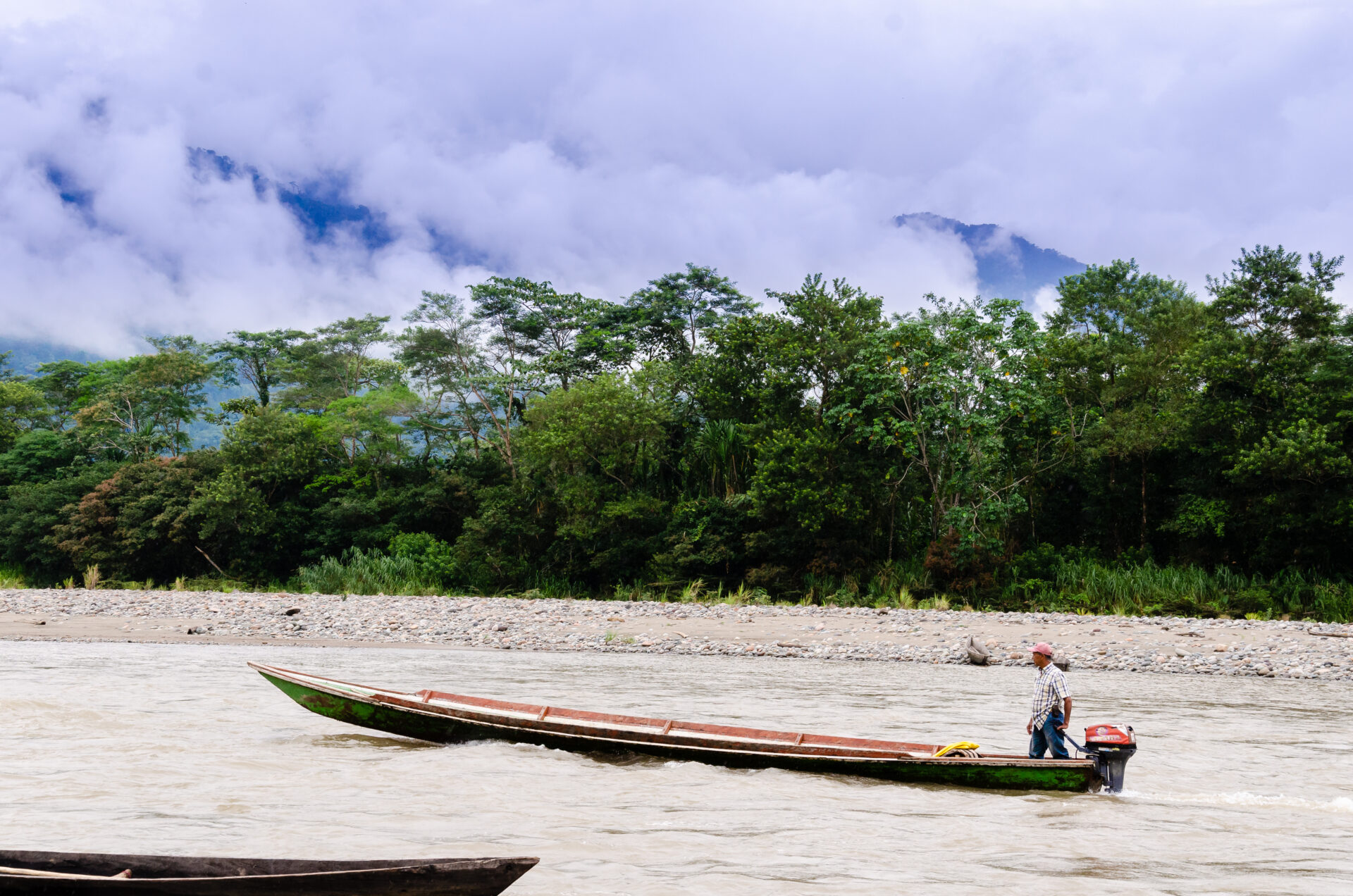Protecting the environment is a key component of Gran Tierra’s development plans and operations. The Company attaches great importance to minimizing its impact on the environment and voluntarily supports environmental education, conservation and prevention programs.
South America
South America is a beautiful, biodiverse region with a natural heritage that must be protected. Gran Tierra understands that it is a guest in Colombia and Ecuador and that to be a responsible guest, it must meet or exceed both national and international standards in a way that is transparent. Protecting the environment is a key component of Gran Tierra’s development plans and operations.
Prior to entering any new areas, and in accordance with Colombian and Ecuadorian environmental regulations, Gran Tierra performs rigorous environmental impact assessments of its proposed projects. These assessments enable project planners to understand the environmental conditions of the area; determine the interactions between a project and the ecosystem; identify potential impacts; and propose appropriate environmental strategies and any needed mitigation, correction or compensation measures. In addition, during the environmental impact assessment process, GTE takes into account the participation of the local communities and authorities.
GTE’s environmental goals are two-fold: leveraging the Company’s resources to meaningfully address some of the most pressing environmental challenges facing South America, while minimizing the environmental impacts of its own operations.
In addition to meeting regulatory requirements, Gran Tierra will:
- Develop and implement an Environmental Management Plan (EMP) that addresses all aspects of environmental protection and sets out specific plans and measures to avoid or limit harmful impacts.
- Ensure that wastes are minimized and disposed of properly.
- Implement an effective spill prevention program and quickly and thoroughly clean up any spills that do occur.
- Track greenhouse gas emissions and take steps to reduce them where economically feasible.
- Ensure consistent and capable environmental expertise and oversight to educate and train employees and contractors to properly implement the EMP.
- Voluntarily support projects and events focused on the protection of environmental resources such as water sources, native wildlife, forests and waste management.
Canada
Gran Tierra Energy’s commitment to environmental stewardship extends across all areas of its operations, including Canada, where we recognize the need to deliver energy responsibly and minimize the environmental impacts of our operation.
Canada’s regulatory environment is known for its stringent environmental standards, which align with our commitment to protect natural ecosystems while implementing industry best practices.
Gran Tierra evaluates and integrates climate-related risks into the Company’s risk management framework while actively seeking solutions to mitigate these challenges. Gran Tierra is focused on reducing greenhouse gas emissions, improving energy efficiency, and is fulfilling our legal requirements.
Gran Tierra recognizes our responsibility to be more than compliant—to be stewards of the environment in every jurisdiction where we operate. By applying rigorous environmental standards and best practices, Gran Tierra’s environmental commitments extend across all our assets.
In addition to meeting regulatory requirements in our Canadian operations, Gran Tierra will:
- Reduce methane emissions, as part of a broader important strategy to reduce overall greenhouse gas emissions.
- Uphold protocols in place for spill prevention, with established procedures for swift action in the event of any spill to minimize environmental impacts.
- Participates in the Alberta Site Rehabilitation Program (SRP) to responsibly decommission inactive wells, pipelines, and facilities.
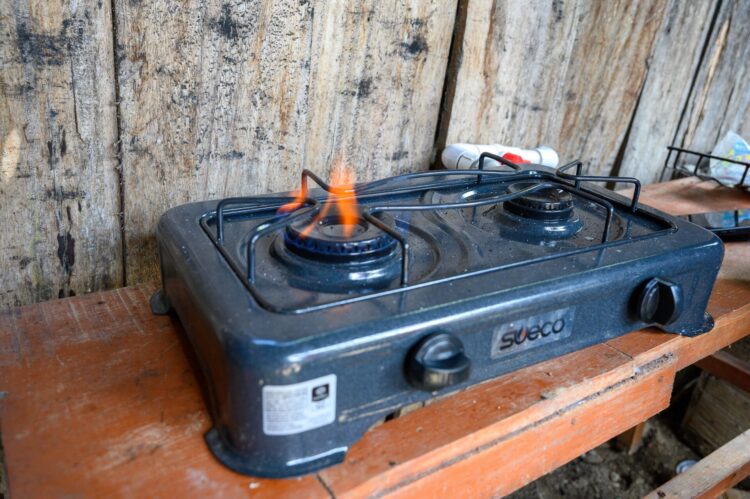
Transforming Residual Wastewater into Biogas
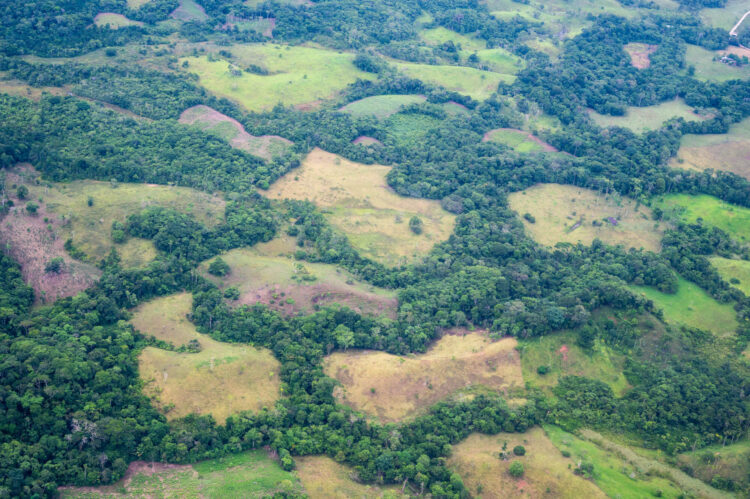
Gran Tierra Energy’s Conservation Footprint
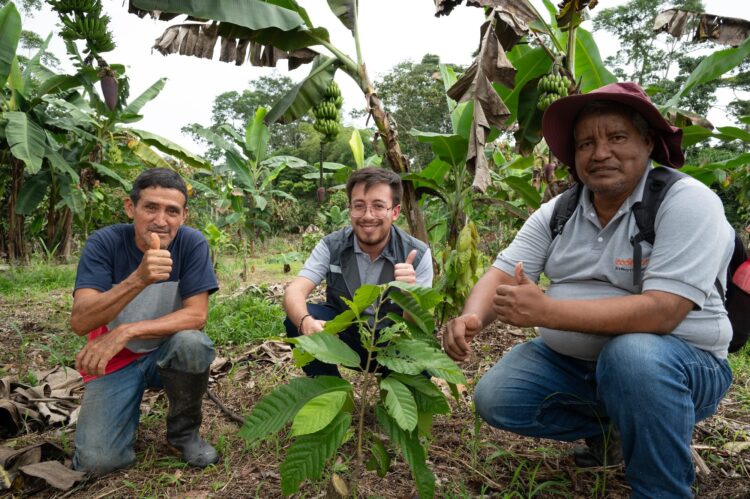
Supporting Community Environmental Monitoring in Ecuador
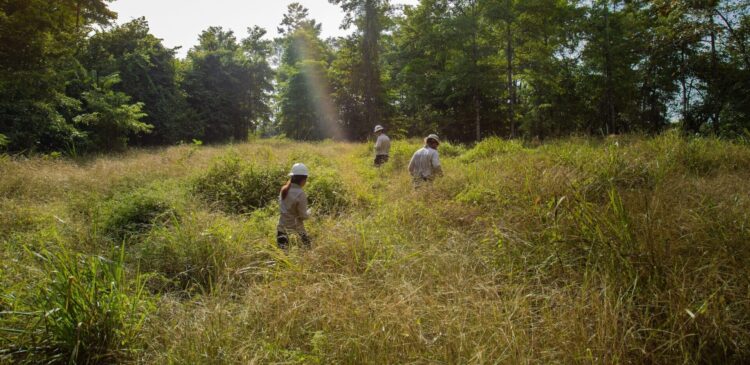
GTE’s Environmental Management Plan
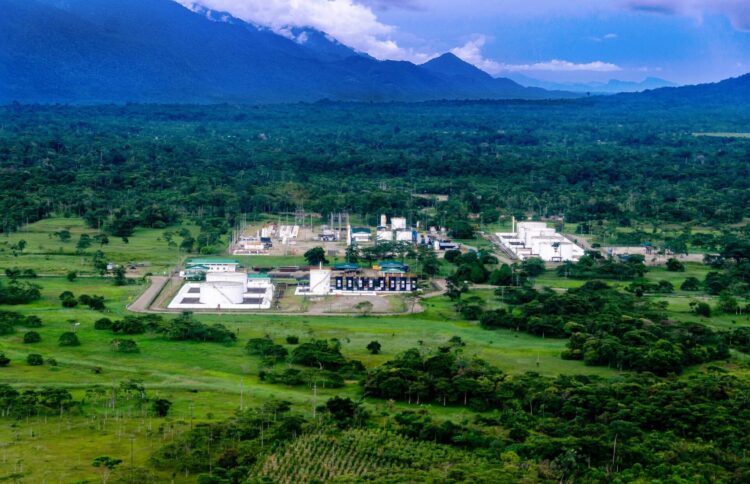
Waste Management
SWIPE FOR MORE
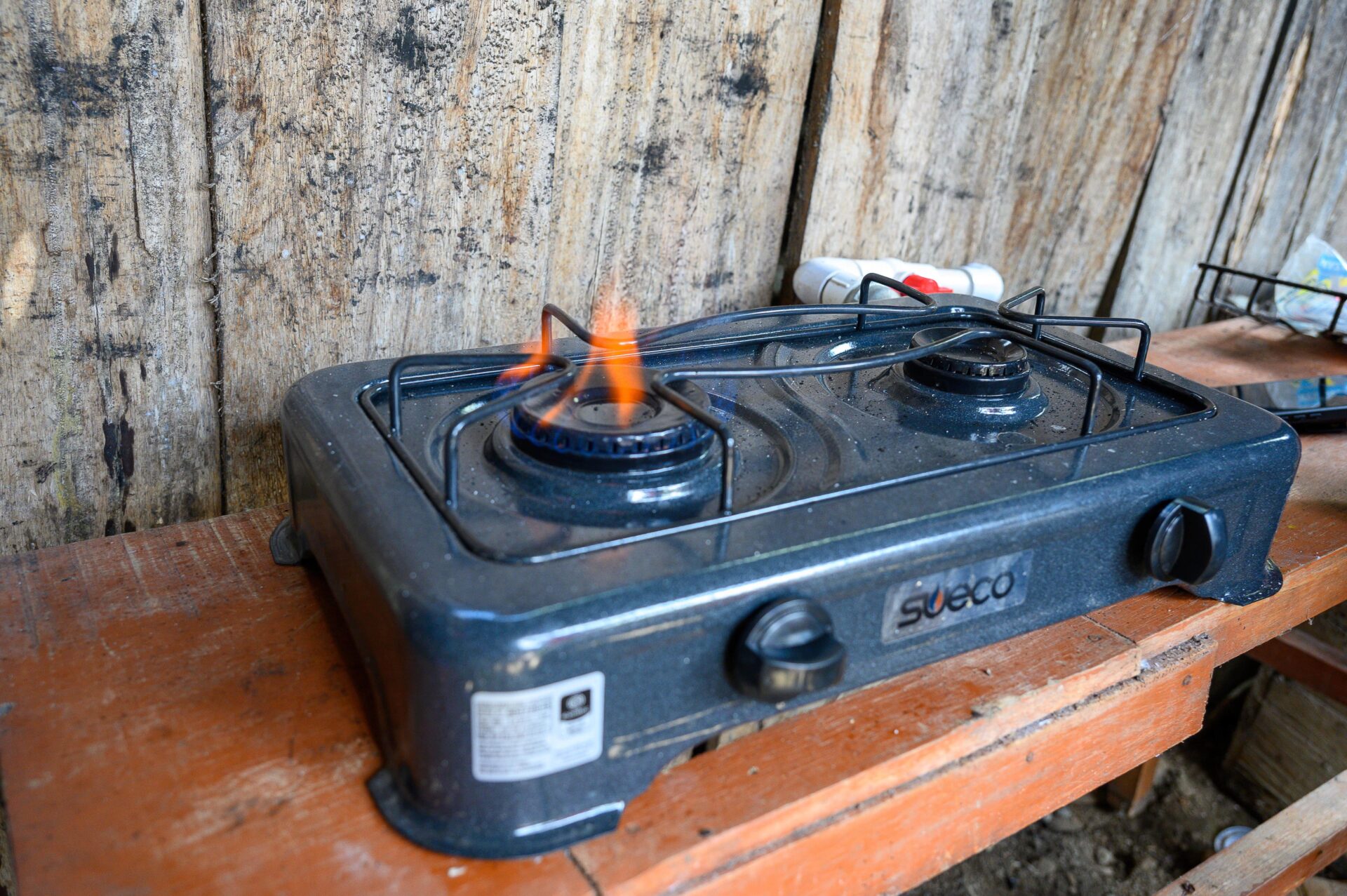
Transforming Residual Wastewater into Biogas
Within the Acordionero Forestry Centre, Gran Tierra Energy installed residential-scale anaerobic biodigesters. Biodigesters are systems that break down organic materials, such as food waste, agricultural residues, animal manure and wastewater, through a biological process called anaerobic digestion.
In many rural Colombian villages, untreated wastewater flows through open sewers, creating serious health and environmental risks—especially during the rainy season. At the same time, limited access to propane forces many households to rely on firewood, contributing to deforestation, air pollution, and causing significant adverse health effects.
To tackle these dual challenges, GTE partnered with Antonio Nariño University to install 13 residential-scale anaerobic biodigesters in the Putumayo villages of Carmelita, Puerto Vega, and Remolinos. These systems treat wastewater organically and produce biogas for nearly 40 households and a school. This technology demonstrates how a thoughtful design can create lasting environmental, social, and economic impacts.
This initiative, which satisfies Colombia’s requirement that 1% of project budgets be invested into environmental initiatives, demonstrates how a thoughtful design can create lasting environmental, social, and economic impacts. Encouraged by the project’s success, plans are underway to expand it to additional municipalities.
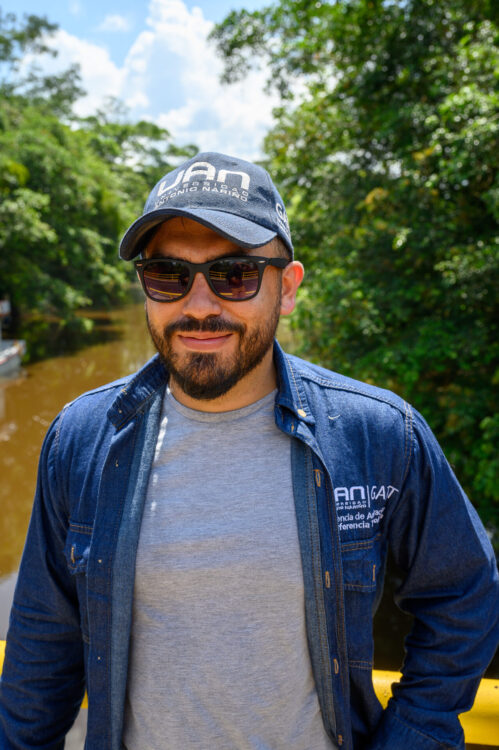
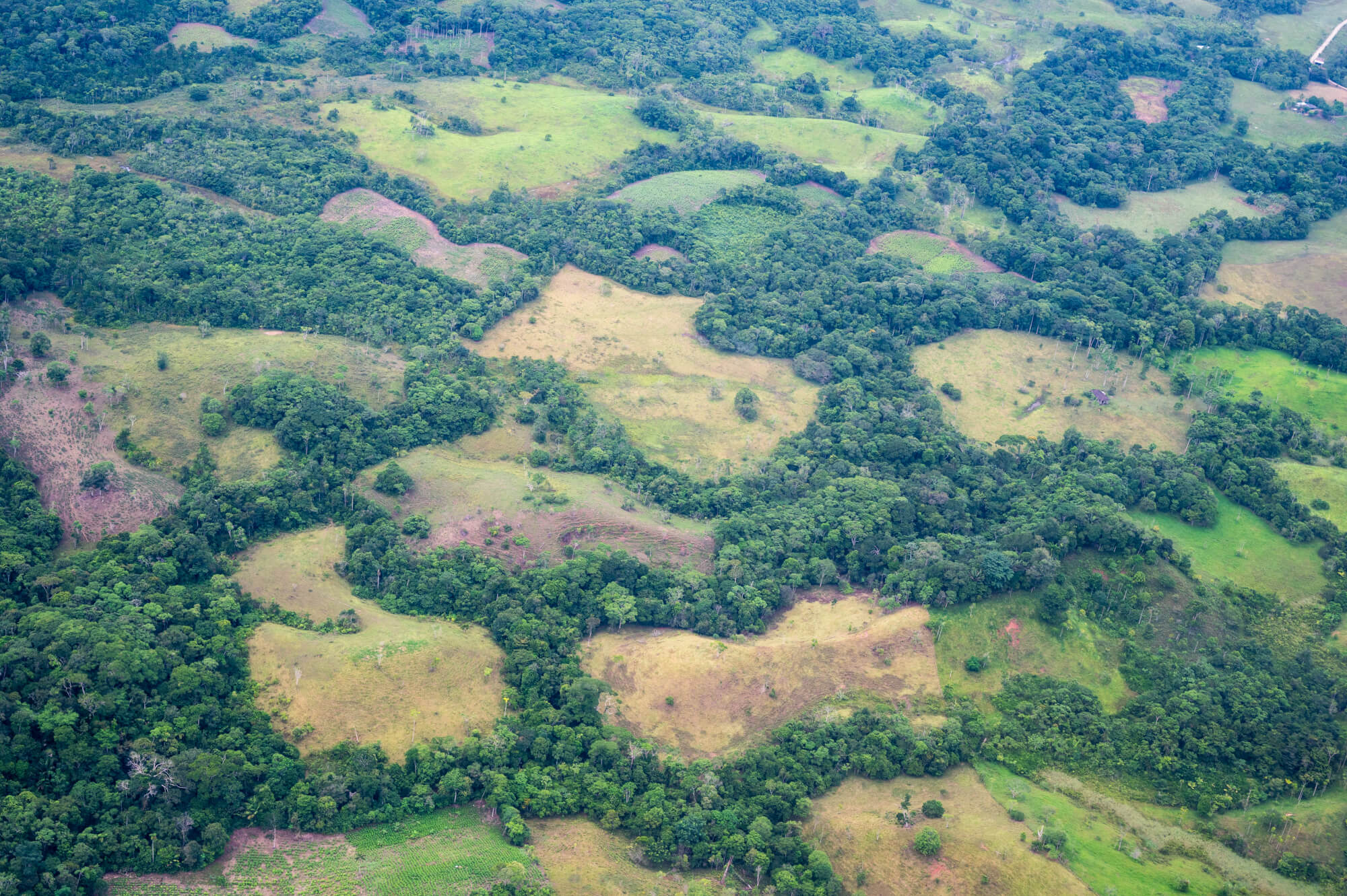
Gran Tierra Energy’s Conservation Footprint
Gran Tierra Energy’s Environmental Management Plan (EMP) states that GTE will minimize the footprint of project activities throughout the operations and that full remediation and reclamation will follow the cessation of operations. The plan also mandates that the Company respect land use by local communities and that the Company’s daily work activities shall minimize impacts on local land uses.
Up until the end of 2024, Gran Tierra’s conservation footprint in South America– including land reforested, conserved and preserved–totalled 5,372 hectares compared to our operations footprint of only 153 hectares. Read the following stories to learn more about Gran Tierra’s Environmental Management Plan and Waste Management Plan.
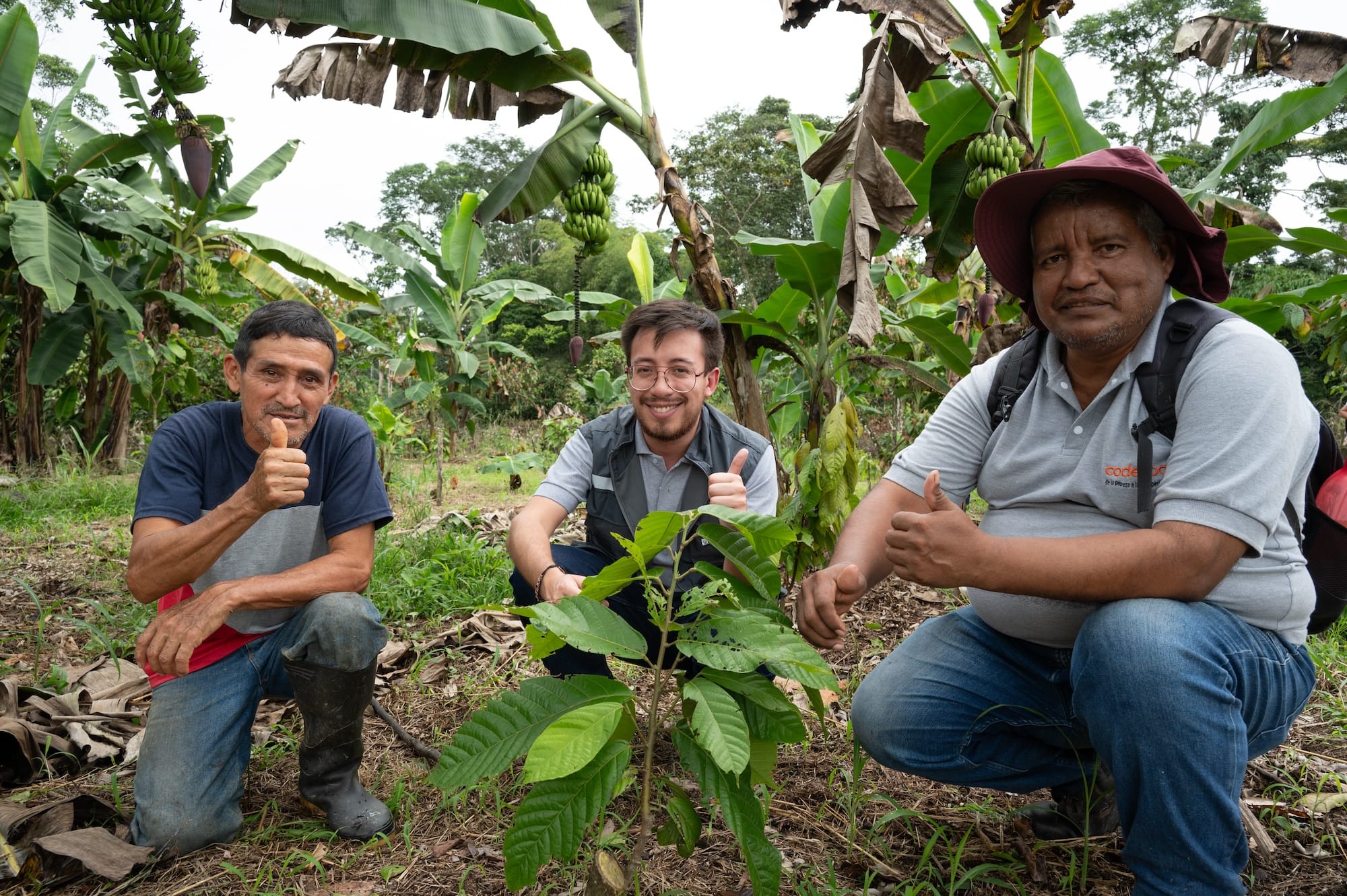
Supporting Community Environmental Monitoring in Ecuador
GTE maintains transparency about its environmental practices by ensuring stakeholders are well-equipped to understand, analyze, and respond to the information they receive, some of which can include highly technical data.
Informational Sessions in Ecuador to Strengthen Environmental Oversight
In 2024, Gran Tierra Energy strengthened its commitment to environmental responsibility by partnering with independent external subject matter experts to host a series of informational sessions on air dispersion modelling. This scientific tool is used to better predict and understand potential environmental impacts from industrial activity—an essential part of GTE’s approach to responsible operations.
Two sessions were held in Lago Agrio and one in Quito, creating a space for open dialogue and knowledge-sharing. A total of 32 GTE staff members and 14 technicians from Ecuador’s Ministry of the Environment (MAATE) participated. These sessions not only strengthened the technical understanding of air dispersion modelling but also established a trusted partnership between GTE and MAATE in promoting sustainable practices across the region. By proactively engaging with regulatory authorities and ensuring transparency in its operations, GTE continues to build trust with key stakeholders and reinforce its role as a responsible energy partner.
GTE has also previously offered an Environmental Monitoring Training workshops to help people living in the community of Unión Balsareña, who live near the Company’s operations in the Chanangue block in Sucumbíos, Ecuador, more effectively observe and provide feedback about GTE’s environmental monitoring procedures. The workshop covered regulations, studies, surveys and management, and ecological monitoring methodology and practices.
Seventeen community members participated in the workshop, and the Company provides ongoing support to ensure community leaders and program participants can continue to engage environmental experts to support their oversight role.
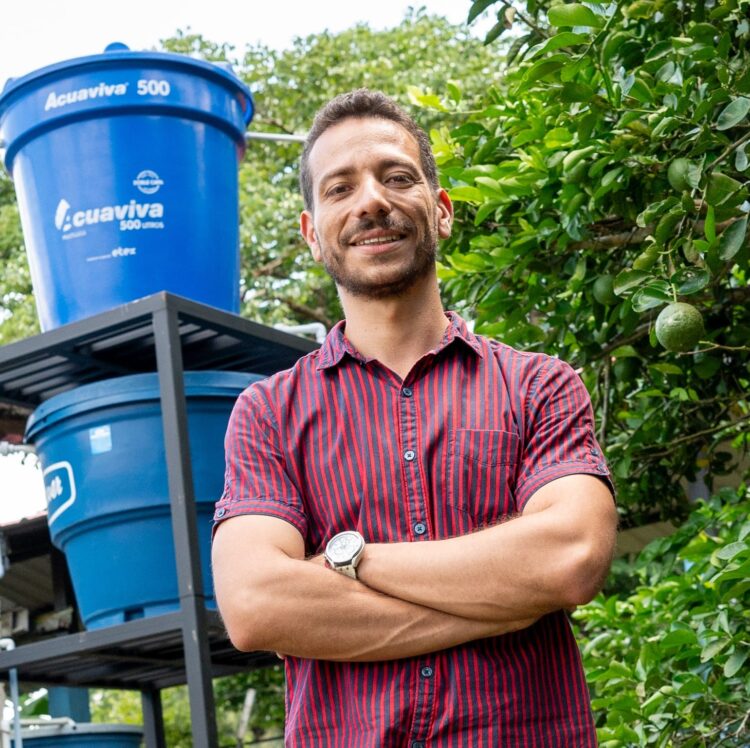
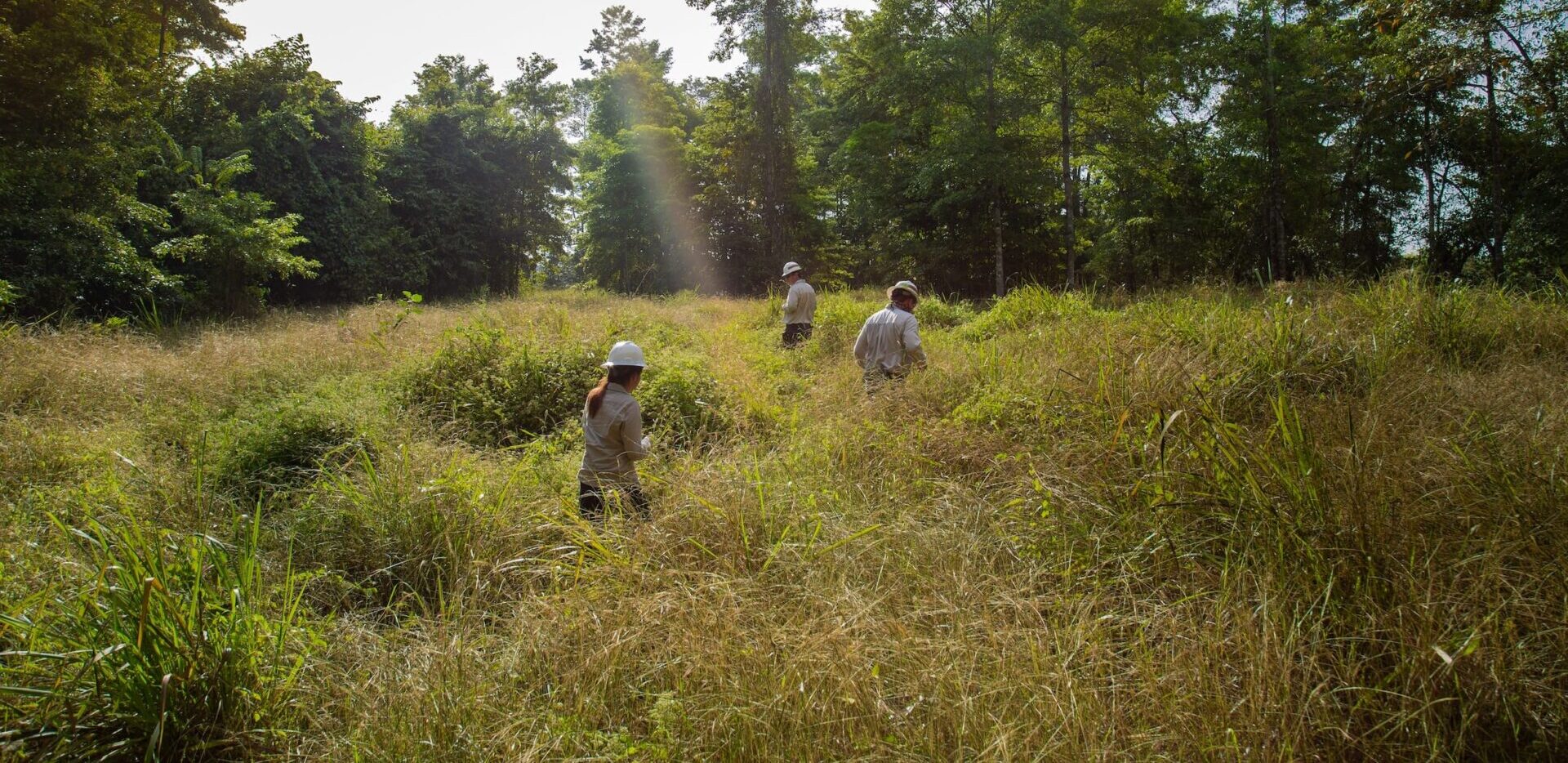
GTE's Environmental Management Plan
Gran Tierra Energy’s company-wide Environmental Management Plan (EMP) addresses how it handles environmental issues arising from its exploration and development projects and other operations.
The Plan is based on the environmental performance standards of the World Bank’s International Finance Corporation and reflects best industry practices. It will be amended and updated periodically. In any instances where local laws or regulations differ from the standards contained in Gran Tierra’s EMP, the Company will adhere to the more stringent requirement.
The EMP addresses issues like:
- Defining a code of conduct for all workers
- Conserving biodiversity
- Minimizing construction impacts, flaring and water use
- Controlling erosion
- Optimizing road and pipeline routing and construction
- Managing solid and liquid waste including hazardous substances
- Protecting and preserving cultural and archaeological resources

Waste Management
Gran Tierra’s Waste Management Plan (WMP) recognizes the Company’s responsibility to manage wastes properly. Waste is handled independently, according to the type (contaminated, organic, unusable or recyclable), through a process of separation at source.
One of the goals of internal management is always to reduce at the source the different waste generated by the operation and ensure as far as possible that the greatest amount of waste generated be reusable. One example of how we reuse waste is:
- At GTE’s Acordionero and Costayaco oil fields organic waste is composted. The compost is then used to fertilize gardens and to stabilize slope areas occupied by the project.
- In 2024, 74 tonnes of organic waste was treated and reused in the fields.
For waste that cannot be reused or recycled, the Company’s overall approach is to utilize capable third-party facilities. GTE is taking steps to lower the volume of wastes to the extent possible and to recycle or reuse waste in cooperation with local communities when possible.
GTE has established a procedure for selecting waste management companies with the best environmental performance records in the region. This process requires a legal review of the Company, internal and external audits and a review of their relationships with the environmental authorities and with the neighbors of their facilities.
